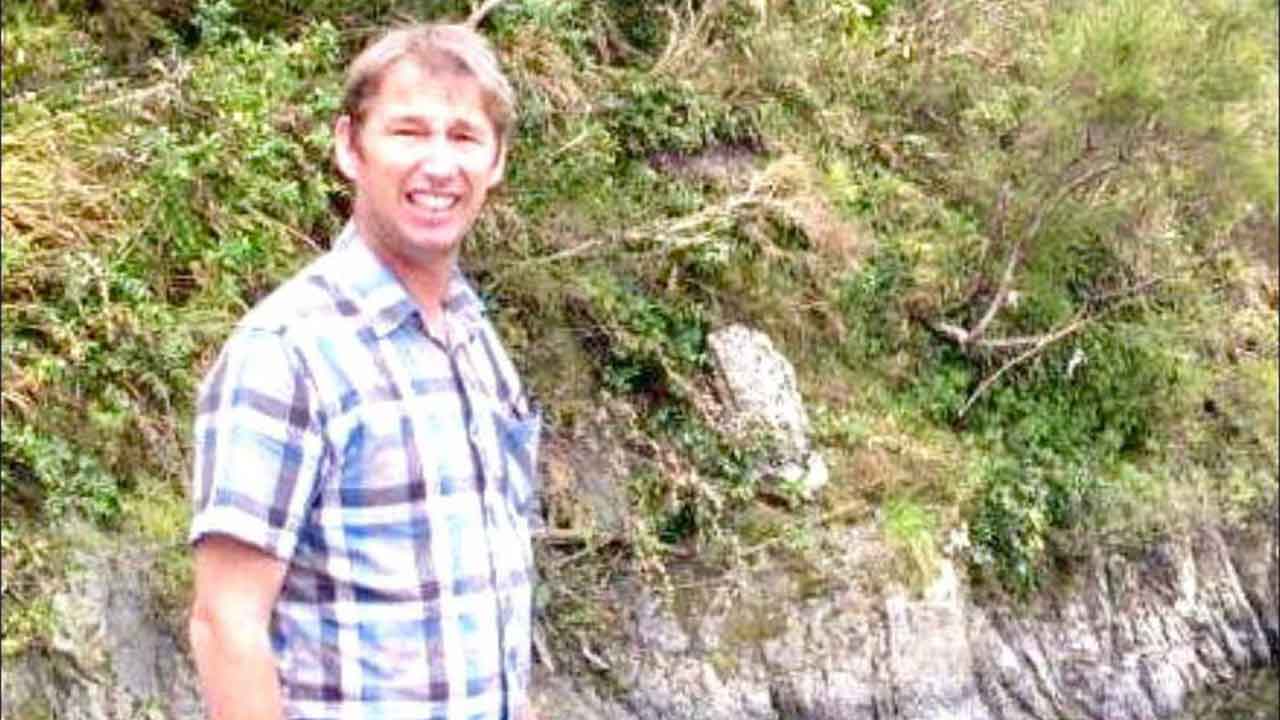Man charged with historic offence of sabotage

A New Zealand man is believed to be the first person to be charged with sabotage in the country’s history - an offence originating during World War II to prevent foreign interference.
Graham Philip, an IT professional and anti-vaccination campaigner from Taupō on the North Island, was charged with seven counts of wilful damage in December last year, before the charges were upgraded by the Crown to seven counts of sabotage in May.
However, the details surrounding the alleged offences are unknown after a High Court judge successfully sought a non-publication order, meaning that the details are to be kept secret, per the NZ Herald.
It is understood that the judge made the order not to protect witnesses or out of fear of trial prejudice, but rather out of concern from authorities that publicising the details could lead to “copy-cat” offending.

Graham Philip, an IT professional and anti-vaccination campaigner, has been charged with multiple counts of sabotage in a historic first for New Zealand. Image: Free Graham Philip (Facebook)
Mr Philip, who has been on remand in prison since charges were laid in December, has pleaded not guilty to all of the upgraded charges, which relate to New Zealand infrastructure.
According to the Crimes Act, sabotage is legally defined as any activity which impairs or impedes the operation of “any ship, vehicle, aircraft, arms, munitions, equipment, machinery, apparatus, or atomic or nuclear plant” on New Zealand shores.
A charge of sabotage can also be laid if a person “damages or destroys any property which is necessary to keep intact for the safety or health of the public”.
To be convicted of sabotage, a person must also have proven intent to prejudice the health or safety of the public, with each charge of sabotage carrying a maximum sentence of ten years in prison.
Alexander Gillespie, a University of Waikato law professor who specialises in international and conflict law, told the NZ Herald that he isn’t aware of any instance where the charge of sabotage has been laid in New Zealand, primarily due to the offence being largely covered by modern terrorism legislation.
“It's a historical offence. A lot of the rules around sabotage came out in the Second World War when we were scared about foreign interference," Gillespie said.
Despite this, the legislation has been kept after societal unrest led to concerns about homegrown offences.
"Then there was a concern about sabotage at the 1951 Waterfront strike. It was kind of a pre-terrorism charge, it came from a period when there was public disorder, but not terrorism as we know it today,” Professor Gillesie said.
"It was mainly about the unions if I'm honest - the militant left. There were concerns some would do things like bring down bridges or destroy locomotives."
Lawyer Matthew Hague, who is representing Mr Philip, also believes it is the first time someone has been charged with sabotage since the introduction of the Crimes Act in 1961.
After Mr Philip unsuccessfully applied for bail in June, initial indications from court suggest that he won’t have his trial heard until late 2023, meaning he will have spent almost two years in prison before his case is heard.
Image: Free Graham Philip (Facebook)
